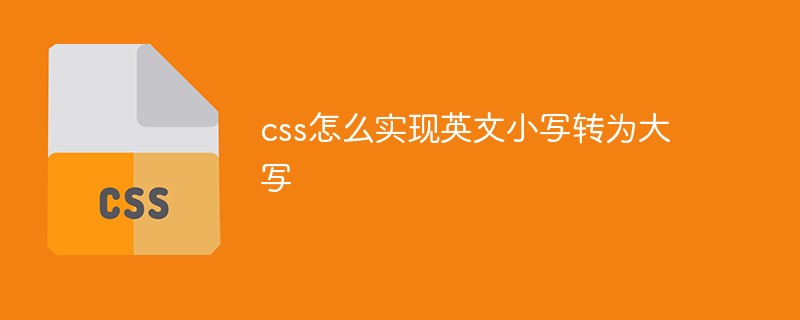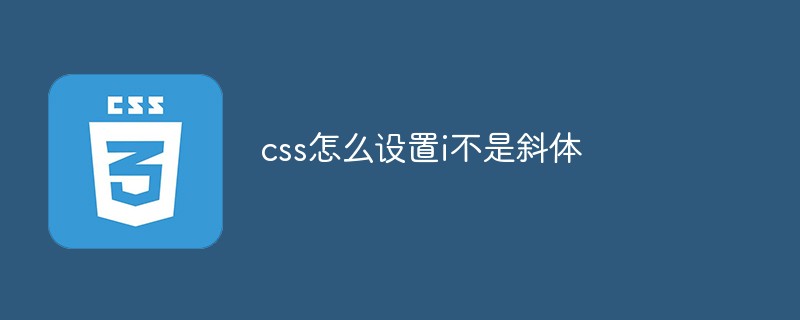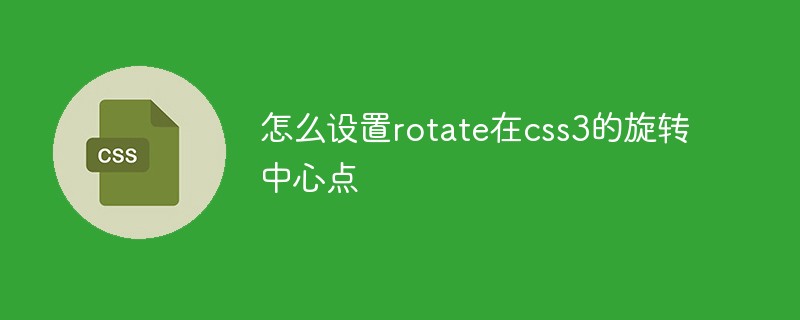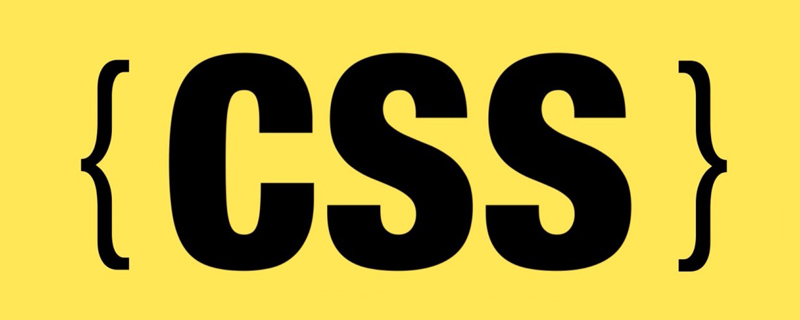
How to use HTML and CSS to implement waterfall flow gallery layout
Waterfall flow layout is a common gallery layout method, which arranges pictures in multiple columns. Make the page look more interesting and beautiful. This article will introduce how to use HTML and CSS to implement waterfall flow gallery layout, and provide specific code examples.
1. HTML structure
First, we need to create a container in HTML to wrap all images. For example, we can create a <div> element and set a unique ID to it, such as "gallery": <pre class='brush:php;toolbar:false;'><div id="gallery">
<!-- 在这里插入图片 -->
</div></pre><p>Then, we need to insert multiple picture. We can insert an image using the <code><img src="/static/imghwm/default1.png" data-src="image1.jpg" class="lazy" alt="How to implement a waterfall flow gallery layout using HTML and CSS" > element and then place it in the container we created earlier. For example:
<div id="gallery"> <img src="/static/imghwm/default1.png" data-src="image1.jpg" class="lazy" alt="Image 1"> <img src="/static/imghwm/default1.png" data-src="image2.jpg" class="lazy" alt="Image 2"> <img src="/static/imghwm/default1.png" data-src="image3.jpg" class="lazy" alt="Image 3"> <!-- 插入更多图片 --> </div>
Please note that here are simply a few pictures inserted as examples, you can insert more pictures according to your own needs.
2. CSS Style
Next, we need to use CSS to define the style of the waterfall flow layout. First, we can set the width and number of columns of the entire container. For example:
#gallery {
max-width: 1000px; /* 设置最大宽度 */
column-count: 3; /* 设置列数 */
column-gap: 20px; /* 设置列间距 */
}In the above code, we set the maximum width of the container to 1000 pixels and divide the container into 3 columns. At the same time, we set the spacing between columns to 20 pixels.
Next, we need to adjust the width and height of each image to fit the waterfall layout. We can do this using the width, height and object-fit properties of CSS. For example:
#gallery img {
width: 100%; /* 使每个图片宽度占满列的宽度 */
height: auto; /* 根据原始比例调整高度 */
object-fit: cover; /* 填充整个容器,保持图片比例 */
margin-bottom: 20px; /* 设置图片之间的垂直间距 */
}In the above code, we set the width of each image to 100% (full column width), and then automatically adjust the height according to the proportion of the original image. At the same time, we use object-fit: cover; to maintain the proportions of the image and fill the entire container. Finally, we set the vertical spacing between each image to 20 pixels.
3. JavaScript to implement dynamic layout (optional)
If you want the layout of the image to dynamically adjust when the window size changes, you can use JavaScript to achieve this. Here, we can use the resize event of the window object to listen for window size changes and recalculate the layout of the image based on the new window size. For example:
window.addEventListener('resize', function() {
var gallery = document.getElementById('gallery');
var columnCount = Math.floor(gallery.offsetWidth / 300); // 假设每列宽度固定为300像素
gallery.style.columnCount = columnCount;
});In the above code, we obtain the width of the container in real time by listening to the resize event of the window, and calculate the new number of columns based on the new width. Then, we reset the number of columns by modifying the columnCount property of the container.
Summary
Through the above steps, we can use HTML and CSS to implement the waterfall flow gallery layout. You can adjust the width of the container, the number of columns, and the spacing of images according to your needs to achieve the effect you want. It should be noted that if you want to implement dynamic layout, you can use JavaScript to dynamically adjust the layout. Hope the above content is helpful to you!
The above is the detailed content of How to implement a waterfall flow gallery layout using HTML and CSS. For more information, please follow other related articles on the PHP Chinese website!
 css ul标签怎么去掉圆点Apr 25, 2022 pm 05:55 PM
css ul标签怎么去掉圆点Apr 25, 2022 pm 05:55 PM在css中,可用list-style-type属性来去掉ul的圆点标记,语法为“ul{list-style-type:none}”;list-style-type属性可设置列表项标记的类型,当值为“none”可不定义标记,也可去除已有标记。
 css与xml的区别是什么Apr 24, 2022 am 11:21 AM
css与xml的区别是什么Apr 24, 2022 am 11:21 AM区别是:css是层叠样式表单,是将样式信息与网页内容分离的一种标记语言,主要用来设计网页的样式,还可以对网页各元素进行格式化;xml是可扩展标记语言,是一种数据存储语言,用于使用简单的标记描述数据,将文档分成许多部件并对这些部件加以标识。
 css3怎么实现鼠标隐藏效果Apr 27, 2022 pm 05:20 PM
css3怎么实现鼠标隐藏效果Apr 27, 2022 pm 05:20 PM在css中,可以利用cursor属性实现鼠标隐藏效果,该属性用于定义鼠标指针放在一个元素边界范围内时所用的光标形状,当属性值设置为none时,就可以实现鼠标隐藏效果,语法为“元素{cursor:none}”。
 rtl在css是什么意思Apr 24, 2022 am 11:07 AM
rtl在css是什么意思Apr 24, 2022 am 11:07 AM在css中,rtl是“right-to-left”的缩写,是从右往左的意思,指的是内联内容从右往左依次排布,是direction属性的一个属性值;该属性规定了文本的方向和书写方向,语法为“元素{direction:rtl}”。
 css怎么实现英文小写转为大写Apr 25, 2022 pm 06:35 PM
css怎么实现英文小写转为大写Apr 25, 2022 pm 06:35 PM转换方法:1、给英文元素添加“text-transform: uppercase;”样式,可将所有的英文字母都变成大写;2、给英文元素添加“text-transform:capitalize;”样式,可将英文文本中每个单词的首字母变为大写。
 css怎么设置i不是斜体Apr 20, 2022 am 10:36 AM
css怎么设置i不是斜体Apr 20, 2022 am 10:36 AM在css中,可以利用“font-style”属性设置i元素不是斜体样式,该属性用于指定文本的字体样式,当属性值设置为“normal”时,会显示元素的标准字体样式,语法为“i元素{font-style:normal}”。
 怎么设置rotate在css3的旋转中心点Apr 24, 2022 am 10:50 AM
怎么设置rotate在css3的旋转中心点Apr 24, 2022 am 10:50 AM在css3中,可以用“transform-origin”属性设置rotate的旋转中心点,该属性可更改转换元素的位置,第一个参数设置x轴的旋转位置,第二个参数设置y轴旋转位置,语法为“transform-origin:x轴位置 y轴位置”。


Hot AI Tools

Undresser.AI Undress
AI-powered app for creating realistic nude photos

AI Clothes Remover
Online AI tool for removing clothes from photos.

Undress AI Tool
Undress images for free

Clothoff.io
AI clothes remover

AI Hentai Generator
Generate AI Hentai for free.

Hot Article

Hot Tools

VSCode Windows 64-bit Download
A free and powerful IDE editor launched by Microsoft

SublimeText3 Mac version
God-level code editing software (SublimeText3)

Zend Studio 13.0.1
Powerful PHP integrated development environment

mPDF
mPDF is a PHP library that can generate PDF files from UTF-8 encoded HTML. The original author, Ian Back, wrote mPDF to output PDF files "on the fly" from his website and handle different languages. It is slower than original scripts like HTML2FPDF and produces larger files when using Unicode fonts, but supports CSS styles etc. and has a lot of enhancements. Supports almost all languages, including RTL (Arabic and Hebrew) and CJK (Chinese, Japanese and Korean). Supports nested block-level elements (such as P, DIV),

SAP NetWeaver Server Adapter for Eclipse
Integrate Eclipse with SAP NetWeaver application server.







